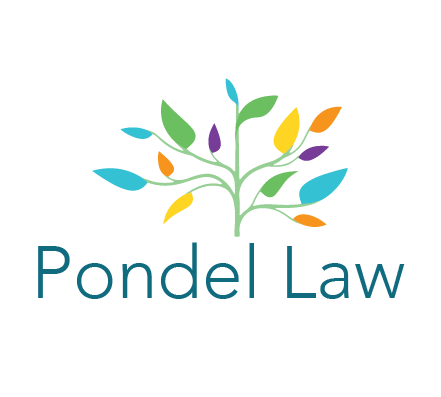The popular media tends to exploit the myths around sperm and egg donation and perpetuate false beliefs about what the process entails. While they may have some of the facts correct, there are also a lot of misconceptions existing as well. We took a look at some of the more common misconceptions and the realities behind them.
MYTH #1: Anyone can be a sperm donor and the process is easy.
FACT: Anyone who meets the rigid qualifications can be a sperm donor, and it is not an easy process. According to the Fertility Pro Registry website (www.fertilityproregistry.com) less than 5% of men who attempt to become sperm donors are actually accepted. While every facility has their own set of qualifications, applicants are screened for STDs, genetic abnormalities and other diseases. Their physical and psychological backgrounds are checked and they must be able to provide a family health history going back three generations. They must also be willing to commit to the program for up to 6 months as the screening process alone may take three months.
MYTH #2: Sperm banks are unregulated and can do whatever they want to make money.
FACT: Sperm banks are regulated by the FDA and according to the Fairfax Cryobank, various other state governments. In California, the Department of Health Services may perform unannounced inspections and if a bank fails the inspection, their license may be revoked. Furthermore, many banks are accredited by the American Association of Tissue Banks (AATB) and all follow the guidelines of the American Society of Reproductive Medicine (ASRM).
MYTH#3: Donors (sperm or egg) may try to interfere or lay claim to my child.
FACT: All donors go into donation situations knowing that their purpose is to help someone who would not otherwise be able to conceive a child on their own. Donors are fertile men and women who are helping those who, for whatever reason, are dealing with infertility. If they wanted to have a child, they would typically be able to on their own. However, it is important to note that anonymous donors usually receive very little information on the intended parents, if any. In the case of a known (and anonymous donor) this is an issue that should be clearly addressed in the donor contract to ensure that the future interests of the parnets and the child are secured.
Myth: Donors are only in it for the money.
FACT: While there are donors who are interested in the financial compensation, most donors are actually donating because they want to help other start a family. Sperm donors are actually compensated very little (according to the Fertility Pro Registry, anywhere from $1-$55 per specimen) and while egg donors do receive more financial compensation, they also have to go through a more rigorous process to donate (taking hormonal medications, working with various medical professionals and an attorney). Further, according to the American Fertility Association, part of the screening process for donors is to assess “need” from “want.” A potential donor who is looking for the money to pay off her credit card debt is much less likely to pass the screening process than a donor who is looking to pay off student loans as a certain level of responsibility is inferred. While financial compensation is involved, steps are taken to ensure that donors are not there for the wrong reasons.
For many, gamete donation is the preferred path to take when dealing with infertility. Being able to separate the myths from the facts is an important step in deciding how to proceed when trying to grow your family. If you have questions about sperm donation or egg donation, and would like to speak with an attorney, please call 310-598-6428 or email rose@familyformationlawcenter.com.
The information you obtain at this site is not, nor is it intended to be, legal advice. You should consult an attorney for advice regarding your individual situation. We invite you to contact us and welcome your calls, letters and electronic mail. Contacting us does not create an attorney-client relationship. Please do not send any confidential information to us until such time as an attorney-client relationship has been established.
